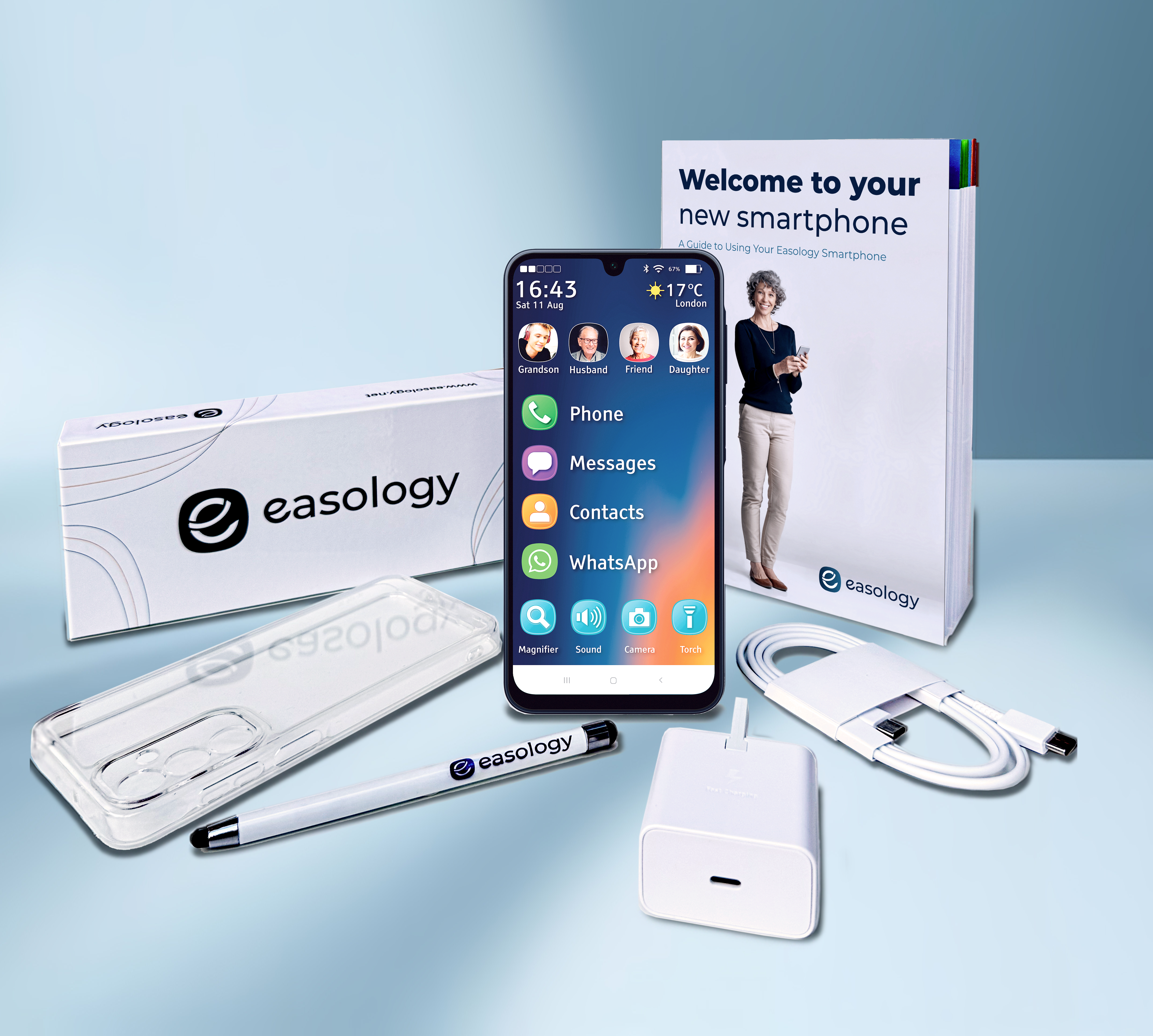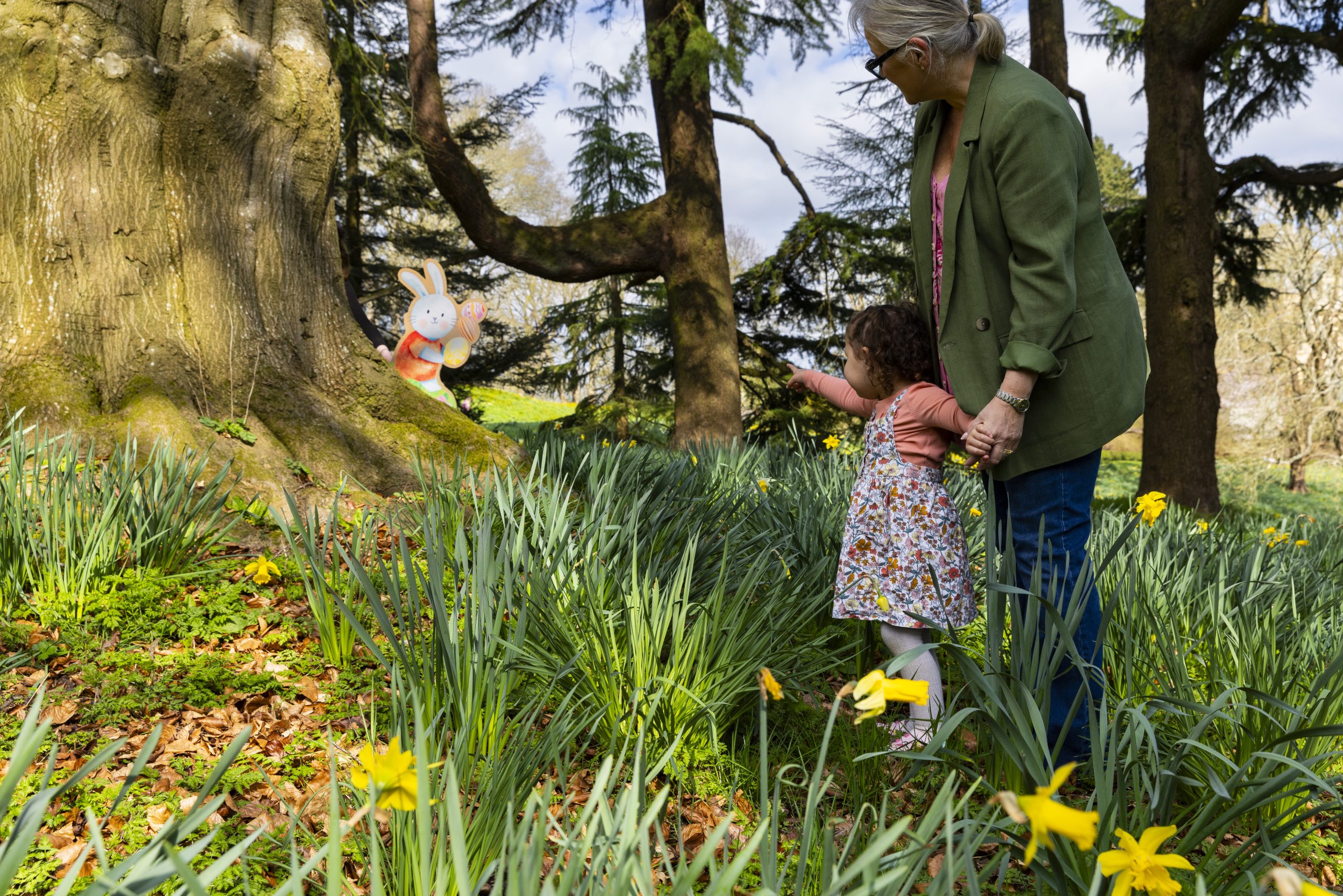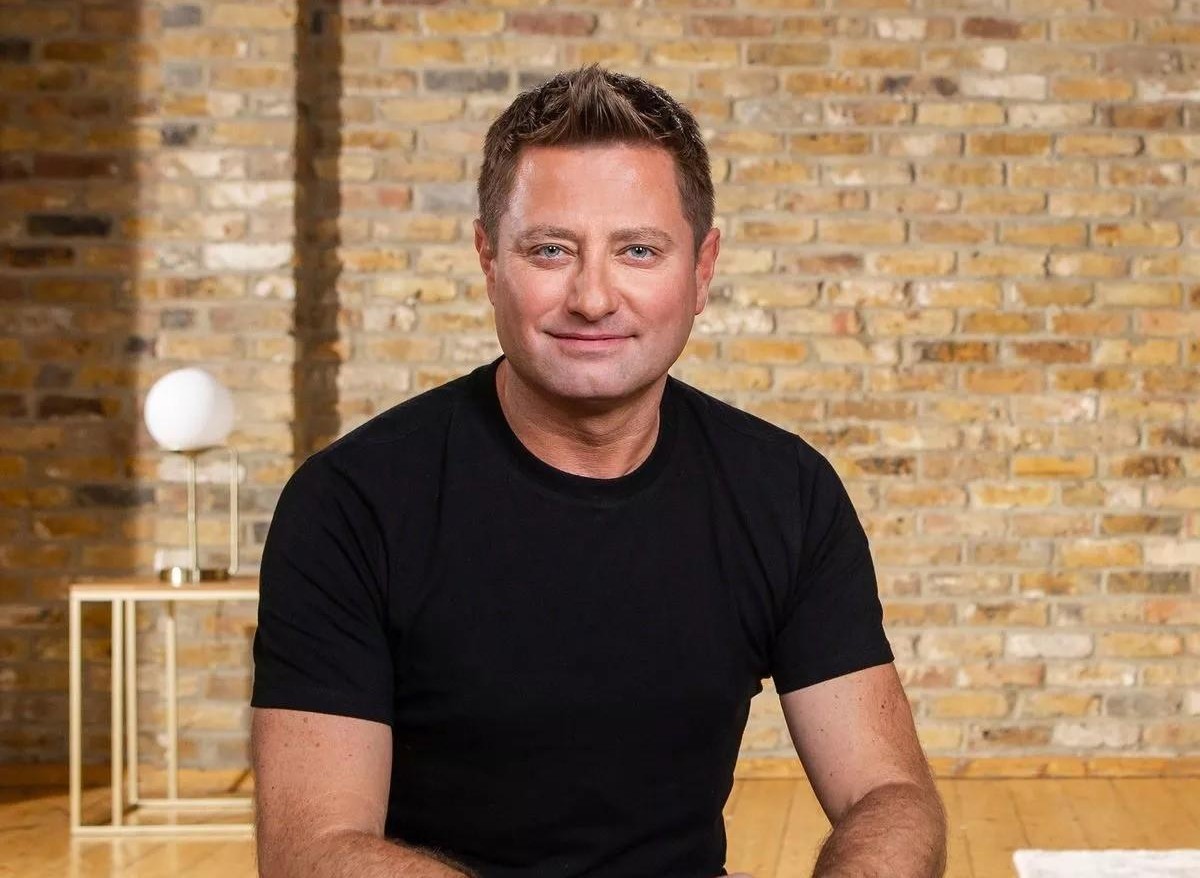To mark Mental Health Awareness Month, Tom Murfitt, clinical director & founder of Oxford CBT, explains why celebrating those whose brains work differently is so important
You’re probably hearing a great deal about neurodiversity at the moment. It may feel like everyone you know is talking about it or has a friend or family member who’s been diagnosed – or is in the process of being assessed. And with growing awareness, that’s not surprising.
More and more people are recognising that we all experience the world in different ways. Neurodivergence – whether that’s autism, ADHD, or another condition – describes a brain that works differently, not wrongly. Rather than seeing these differences as deficits, many now look at them through a more compassionate lens: recognising both the strengths and challenges they can bring.
For example, someone with ADHD might be full of creative ideas and spontaneous energy but struggle with focus or forgetfulness. An autistic person may have a brilliant memory or deep specialist interests yet find social settings exhausting or confusing. Understanding these patterns can be life-changing. It’s estimated that between 15% & 20% of people in the UK meet the criteria for ADHD or autism, although many remain undiagnosed.
Why is it helpful to know?
There are many reasons why someone might want to explore whether they’re neurodivergent. It could be a young person struggling with learning, or an adult wondering why social relationships feel harder than they do for others. At work, noise or distractions might make it difficult to focus, and small changes could make a big difference. Sometimes people just want to understand themselves better, to make sense of lifelong patterns.
At our service, we insist on a screening appointment before any assessments are booked. This is because ADHD, autism, anxiety, and low mood can share similar features, and we don’t want anyone wasting time or money going down the wrong path. The screening includes a face-to-face meeting and a series of structured questionnaires to help identify signs of ADHD, autism, anxiety, and depression. It’s designed to offer clarity and make sure the right type of assessment or support is offered from the start. Being first and foremost a therapy service, we not only offer assessments but also provide tailored therapeutic support. If someone is experiencing difficulties, whether that’s anxiety, low self-esteem, or overwhelm, we can offer custom therapy sessions designed around their needs.
Ultimately, recognising neurodivergence is not about labelling people, it’s about understanding and supporting them. With the right awareness and care, individuals and their families can move forward with confidence, knowing they’re not alone and that help is available.
For more info please visit oxfordcbt.co.uk



 Facebook
Facebook Instagram
Instagram Twitter
Twitter Linkedin
Linkedin






